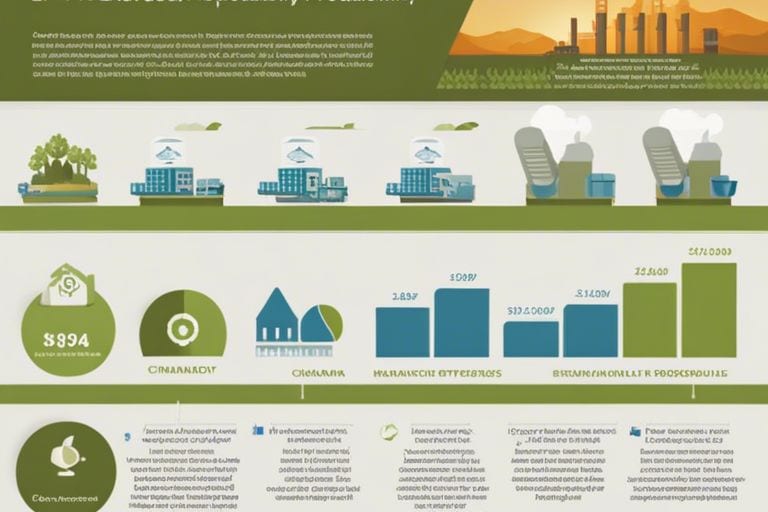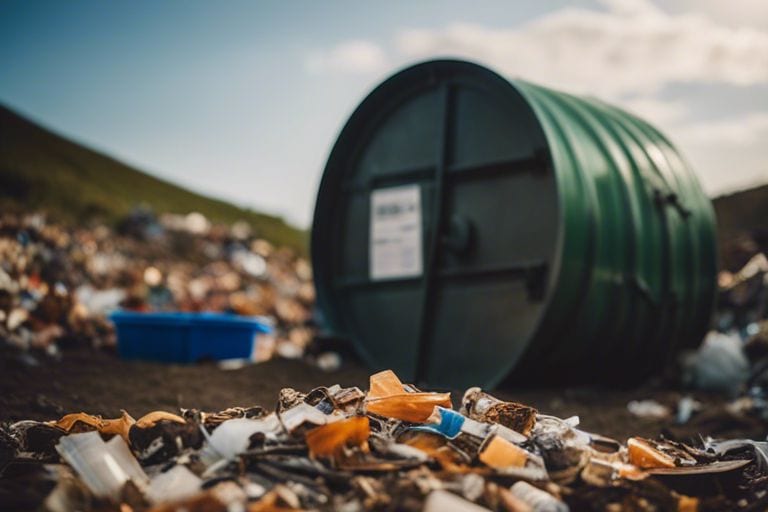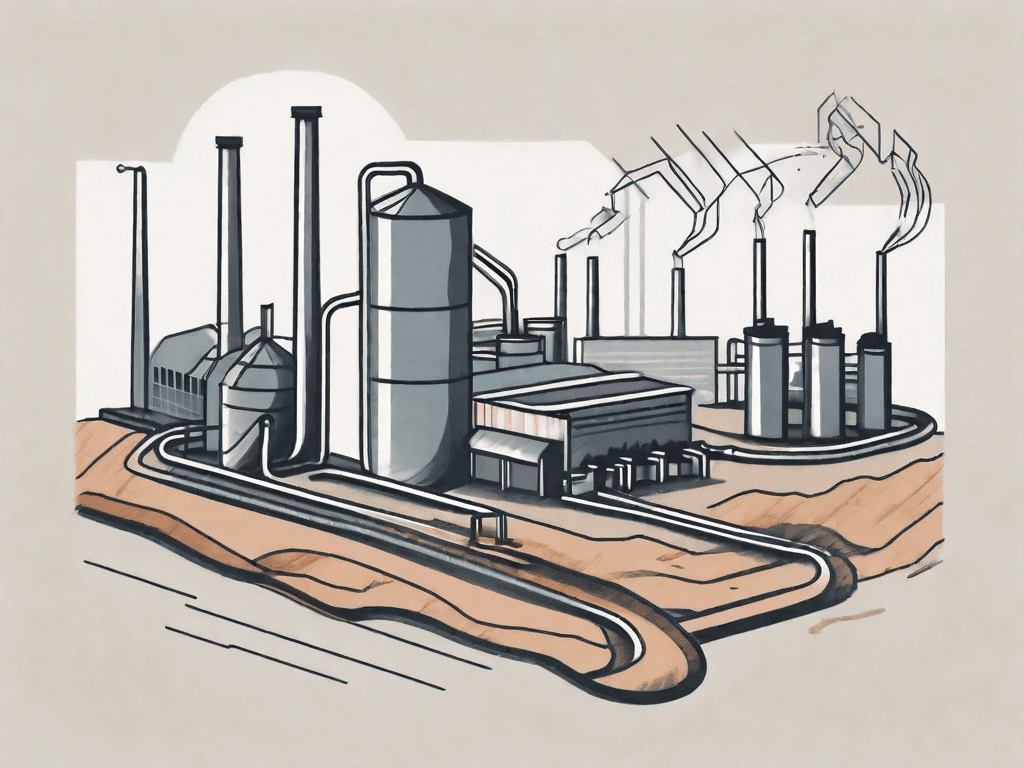
How Does EPR Certification Benefit Battery Recycling Programs?
There’s a crucial component that is driving the efficiency and effectiveness of battery recycling programs—Extended Producer Responsibility (EPR) certification. This certification holds producers accountable for the entire lifecycle of their products, including collection, recycling, and proper disposal. By obtaining EPR certification, battery manufacturers commit to meeting specific recycling targets and funding recycling programs, ultimately reducing […]








